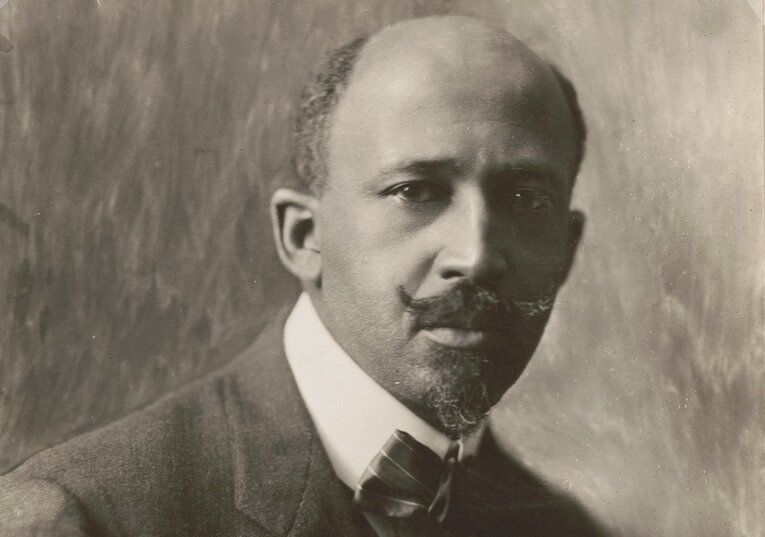On August 27, 1963, the world marked the passing of Dr. W.E.B. Du Bois, a figure whose intellectual and activist legacy remains foundational to the study of race and social justice.
At 95, Du Bois died in Accra, Ghana, closing a long chapter of tireless work in pursuit of Black liberation.
Born in 1868 in Great Barrington, Massachusetts, Du Bois would go on to make history, becoming African American to earn a Ph.D. from Harvard University and engaged in further study at the University of Berlin, where he completed his doctorate. His milestone publication, The Souls of Black Folk (1903), introduced the noteworthy concept of “double consciousness,” framing the psychological challenge of African Americans navigating a society which systematically rejected their humanity.
Du Bois was instrumental in founding the Niagara Movement, which ultimately evolved into the NAACP. As editor of The Crisis, the organization’s journal, he shaped national and international conversations on race, democracy and justice.
In later years, Du Bois became a prominent advocate for Pan-Africanism, emphasizing the importance of unity among African nations and the broader diaspora. He sought to connect the struggles for freedom in the United States with decolonization movements across Africa, thereby situating the fight for civil rights within a global context.
Disillusioned by political repression in the United States during the McCarthy era, Du Bois relocated to Ghana in 1961 at the invitation of President Kwame Nkrumah. There, he contributed to the ambitious Encyclopedia Africana project and spent his final years among those who shared his vision of a liberated Africa.
Significantly, Du Bois passed away just one day before the historic March on Washington for Jobs and Freedom, where Dr. Martin Luther King Jr. delivered his iconic “I Have a Dream” speech.
News of Du Bois’ death reached the gathered crowds, prompting leaders to pause and honor a man whose life’s work had paved the way for such a transformative moment in American history.


